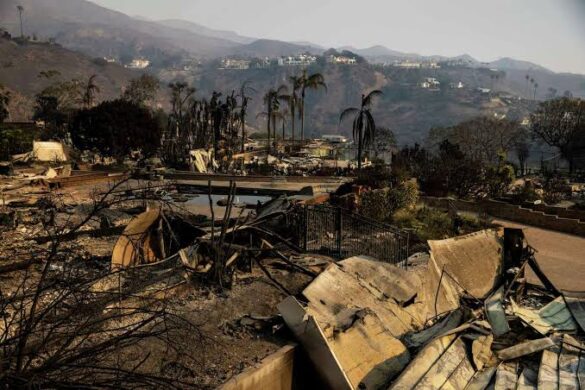The US government’s capacity to repel the prospect of an extraterrestrial invasion is now under question, according to the Office of Inspector General (OIG).
According to a recent statement released by the US Department of Defense (DoD), forget Hollywood productions; the US is now ill-equipped to defend itself in the event of an alien invasion. The assertion was supported by a review of the country’s capacity to handle a danger posed by unidentified anomalous phenomena (UAP), formerly known as UFOs.
The All-domain Anomaly Resolution Office (AARO), established by the Pentagon in July 2022 to manage all UAP matters, should be mentioned. The US government’s capacity to repel the prospect of an extraterrestrial invasion is now under question, according to the Office of Inspector General (OIG).
A summary of the secret study “Evaluation of the DoD’s Actions Regarding Unidentified Anomalous Phenomena,” which was initially released in August, includes the most recent observation.
“DoD’s lack of a comprehensive, coordinated approach to address UAP may pose a threat to military forces and national security,” the OIG stated in its assessment.
It further stated, “The DoD OIG discovered that the DoD lacks a thorough, coordinated strategy to address UAP.”
Inspector General Robert P. Storch stated that he was making this summary available to the public to provide some clarity to the usually opaque topic.
“To be as transparent as possible with the American people about our oversight work on this important issue, we are releasing this unclassified summary,” he continued.
A policy to “integrate roles, responsibilities, requirements, and coordination procedures regarding UAP into existing intelligence, counterintelligence, and force protection policies and procedures” is one of the eleven recommendations the OIG makes to the Under Secretary of Defense for Intelligence and Security.
The Chairman of the Joint Chiefs of Staff, the Secretaries of the Army, Navy, and Air Force, and the Director of the All-domain Anomaly Resolution Office must all be consulted in the formation of the policy.




